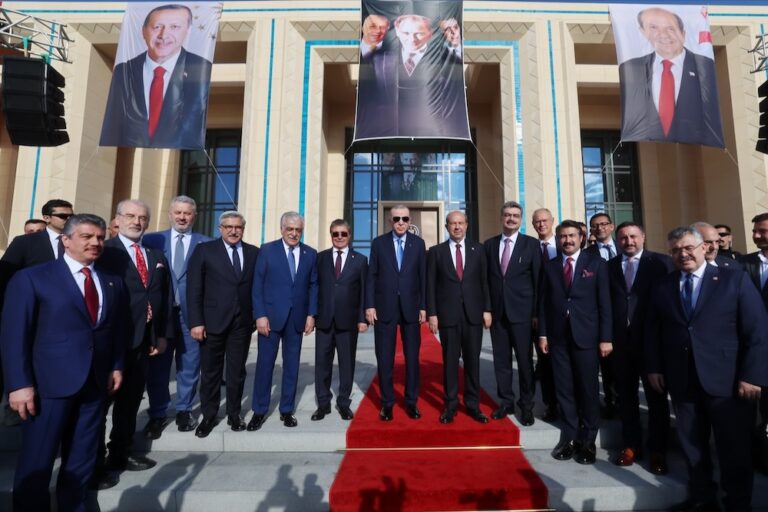Despite significant advances in freedom of expression, journalists are still beingarrested and tried for doing their job or expressing an opinion, their documents seized and their sources tracked down, notes RSF.
(RSF/IFEX) – 16 June 2011 – Reporters Without Borders urged the Turkish government today to prove it supports media freedom, as it proclaimed during the recent election campaign.
The appeal came in a report called “Media and justice in Turkey – mistrust and repression” after recent fact-finding visits by the worldwide media freedom organisation to investigate the hounding and prosecution of journalists by the country’s police and courts.
Despite significant advances in freedom of expression, journalists are still arrested and tried for doing their job or expressing an opinion, their documents seized and their sources tracked down, the report said. Journalistic principles are still poorly guaranteed by law while a wide range of legislation continues to prevent many topics from being reported.
The few guarantees that do exist are too often swept away by the judiciary’s repressive habits and paranoia. Journalists have also been victims of the sharp political polarisation during the election campaign and the present fierce struggle for control of all state institutions.
“On Saturday, investigative journalists Ahmet Sik and Nedim Sener will have been in prison for 100 days. Major demonstrations to support them are planned, showing that media freedom is not just an election slogan. Turkish civil society is stating, as never before, that these violations of freedom are very serious. The protests call for an immediate response from the government,” Reporters Without Borders said.
“The authorities are politically responsible for the judiciary’s hounding of journalists. This undermines the government’s claim to being a regional democratic model. The authorities therefore need to start a frank and open dialogue with journalists and with the country’s international partners.”
At a press conference in Istanbul on 19 April, Reporters Without Borders secretary-general Jean-François Julliard pointed to a number of taboos for which journalists are being prosecuted if they violate them. Unfortunately, this has continued, with plenty of examples in the past two weeks alone.
(. . .)


